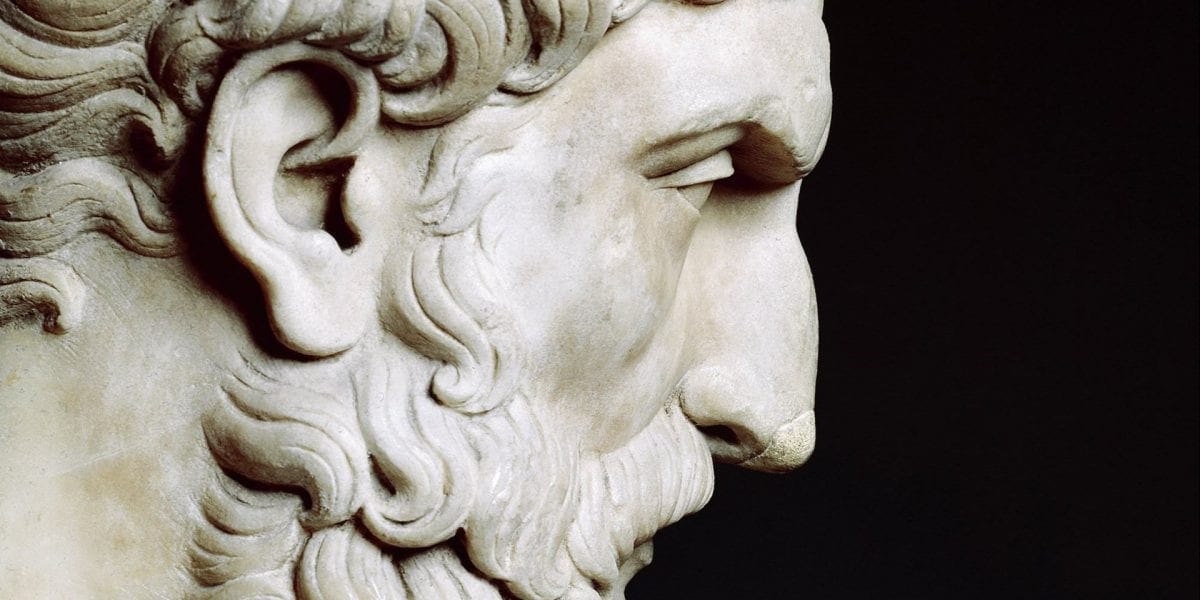A Dialogue Between Vedanta and Epicureanism, with Prof. Tim O'Keefe.
Uncovering Commonalities Between Two Ancient Philosophies.
📢 **Exciting News: Elevate Your Experience with Premium Benefits!**
Now, I'm thrilled to unveil an exciting development—we're introducing premium paid subscriptions to Vedanta Substack! By becoming a paid subscriber, you not only enhance your experience but also play a crucial role in supporting the continuation of our exploration.
Vedanta Substack is a reader-supported publication. To receive new posts and support my work, consider becoming a free or paid subscriber.
🔓 **Unlock Exclusive Benefits as a Paid Subscriber**
As a paid subscriber, you'll enjoy a range of exclusive benefits:
- Access to in-depth posts with special recommendations for further study.
- Personal invitations to exclusive chats or podcast interviews on captivating topics, featuring multiple thinkers simultaneously.
- The opportunity to propose the publication of your articles and essays on Vedanta Substack.
- Invitations to Vedanta retreats and events offering a deeper exploration of spiritual and philosophical realms.
Image by Web
It was great to discuss via podcast with Dr. Jayashankar Krishnamurthy, Director of the Vedanta Institute in Hyderabad, India, and Prof. Tim O'Keefe, an expert in Hellenistic philosophies and Epicureanism, at Georgia State University in the USA. We reflected on the analogies and differences between Vedanta philosophy and Epicureanism. It's interesting to note the similarities in terms of the emphasis on the role of intellect in transcending desires and worldly attachments. The role of friendship is fundamental in Epicureanism, as it is in Vedanta through the concept of Sajjanasaṅgati, or union with the virtuous.
Prof. O'Keefe explained the basic principles of Epicureanism, dispelling certain contemporary misconceptions that identify it as a form of hedonism propagated by isolated individuals, thus detached from society. Pleasure is essentially identified as the absence of pain, and inner peace (ataraxia) derived from worldly attachments, rather than a pursuit of material satisfaction. On the other hand, Dr Krishnamurthy introduced Vedanta as a philosophy that lives and permeates society, which empowers the individual and does not view them solely as a yogi meditating in the caves of the Himalayas, as the stereotypes about India often depict.
Are you interested in Epicureanism? Click here to book The Posillipo Enigma. Virgil's investigation of a mysterious murder.




